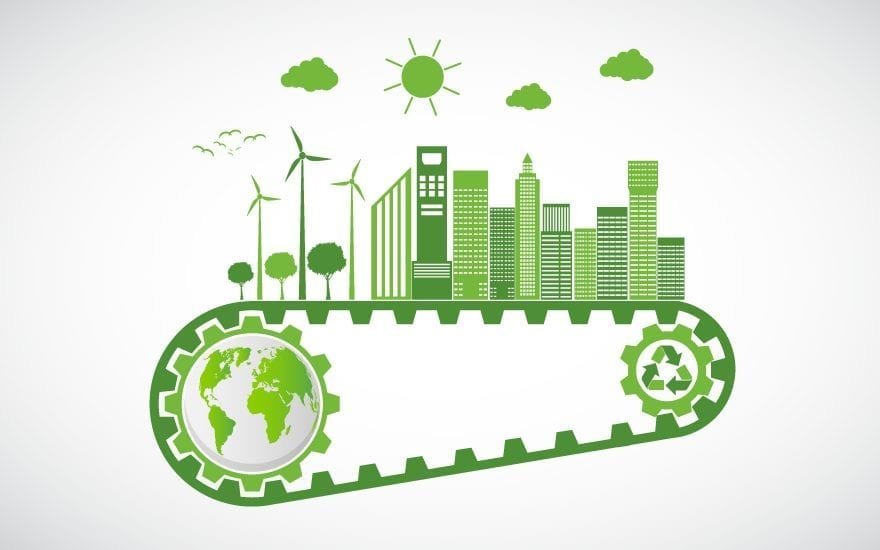The leading American Corporate firms are showing up as the key entities to tackle the climate change issues. Here are the few names, committed to develop strategies and provide promising solutions for environmental protection.
JP Chase & Co.
One of the World’s biggest banking and financial giants, the JP Morgan Chase & Co., plans to fund and promote more than $2.5 trillion in long-term strategies to combat climate change and create sustainable growth over the next ten years, starting this year and ending in 2030.
The financial obligation, according to JPMorgan Chase & Co., is consistent with the aims of the Paris Agreement ("Paris").
Renewable energies, green technologies, waste management, and recycling will all be part of the initiative.
The announcement is the latest in a long line of financial institutions making environmental commitments, but it is claimed to be the first of its kind made by a major bank.
JPMorgan's trillion-dollar pledge announced ahead of Earth Day, is expected to provide valuable support to Biden's climate summit, according to CNN Business.
Mastercard
Mastercard developed a tool that calculates customers' carbon footprints based on their purchases. The tool concentrates on specific spending categories rather than individual transactions.
The best part of Mastercard’s =”https://www.recyclean.co/recyclean-news-mastercard-innovative-tool-will-reveal-the-carbon-emissions-of-customers-expenses-28.html” target=”_blank” rel=”noopener”>green tool is that it also provides information on the number of trees needed to absorb the same amount of carbon dioxide that is emitted by specific consumer purchases.
Google recently unveiled its groundbreaking addition, called Timelapse, to Google Earth, a feature that would reveal how much climate change and human activity have harmed the world over the last four decades.
The feature, technically, converts still images on the platform into a 4D experience.
From 1984 to today, clicking through shows moving images of melting ice caps, receding glaciers, rapid population development, and wildfire destruction.
The feature essentially helps understand the overall impact of climate change on planet earth.
Another important feature to be rolled out by Google is to help drivers navigate through the route with the lowest carbon footprint by default. It’s much like =”https://www.recyclean.co/recyclean-news-google-maps-will-soon-help-its-users-drive-through-the-most-ecofriendly-route-19.html” target=”_blank” rel=”noopener”>eco-friendly navigation information for drivers wanting to do their bit for the environment.
Nike
The shoemaking giant, Nike, is asking consumers to bring in shoes that are gently used or have manufacturing defects to minimize waste. After cleaning and sanitizing the shoes, the company intends to resell them at a reduced price in select stores.
Nike said the returned shoes are currently being sold in eight Nike stores throughout the United States, with plans to expand to 15 by the end of April and several more by the end of the year.
Volvo
Volvo has revealed that it will only sell electric cars by 2030. By 2025, the company expects electric vehicles to account for half of its revenue, with hybrid cars accounting for the other half.
Wells Fargo
Wells Fargo has set a target of achieving net-zero greenhouse gas emissions by 2050, including those from the businesses and programs it funds. Although 2050 is a long way off, Wells Fargo's announcement is a significant move forward for the bank, which has long been a major supporter of oil, natural gas, and coal projects that climate activists say endanger the earth.









Leave a reply